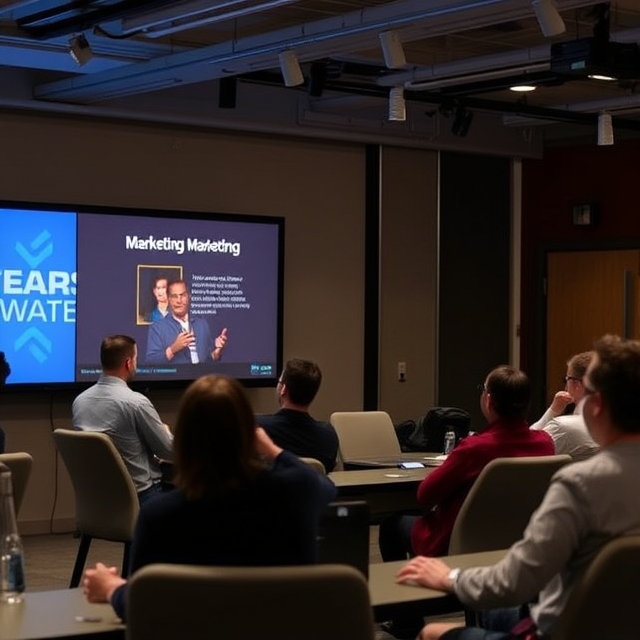Marketing in the modern world has evolved significantly due to advancements in technology, changes in consumer behavior, and the rise of digital communication channels. Today’s marketing landscape is characterized by several key trends and strategies that reshape how businesses engage with customers and promote their products or services. Here are some essential aspects of modern marketing:
- Digital Transformation
Online Presence: Businesses are increasingly establishing their presence on digital platforms. A well-optimized website, social media profiles, and engaging content are essential for visibility.
E-commerce: The rise of online shopping has transformed retail, with companies investing in user-friendly e-commerce platforms to reach consumers directly. - Data-Driven Marketing
Analytics: Companies utilize data analytics to gather insights about consumer behavior, preferences, and trends. Tools like Google Analytics allow businesses to track website performance and marketing campaign effectiveness.
Personalization: Data enables businesses to tailor marketing messages and offers to individual consumers, enhancing customer experiences and engagement. - Social Media Marketing
Platforms: Social media platforms (e.g., Facebook, Instagram, Twitter, LinkedIn) have become vital for marketing. They allow brands to communicate with customers, share content, and drive engagement.
Influencer Marketing: Collaborating with influencers helps brands tap into their followers’ trust and reach niche markets effectively. - Content Marketing
Value Creation: Brands create valuable, relevant content (blogs, videos, podcasts) that addresses customer needs or interests. This builds brand awareness and establishes authority in the industry.
SEO Integration: Content is often optimized for search engines to drive organic traffic. Quality content tailored to audience queries improves search rankings. - Omni-Channel Marketing
Consistent Experiences: Modern consumers interact with brands across multiple channels. Businesses must ensure a cohesive brand message and experience whether customers interact via website, social media, email, or in-store.
Cross-Channel Integration: Seamless integration of marketing efforts across channels enhances customer experience and drives engagement. - Mobile-First Approach
Responsive Design: With the increasing use of mobile devices, optimizing websites and content for mobile use is essential. A seamless mobile experience improves user interaction and conversion rates.
Mobile Marketing: SMS marketing, app-based notifications, and location-based promotions are crucial for engaging customers on their mobile devices. - Sustainability and Social Responsibility
Consumer Preferences: More consumers prefer to purchase from brands that demonstrate social and environmental responsibility. Marketing strategies often highlight sustainable practices and charitable initiatives.
Transparency: Modern customers value transparency regarding sourcing, production, and corporate practices. Brands that share their values may gain deeper consumer loyalty. - Emerging Technologies
Artificial Intelligence: AI is used for predictive analytics, chatbots, personalization, and automated customer interactions, enhancing marketing efficiency.
Augmented Reality (AR) and Virtual Reality (VR): These technologies provide immersive experiences, allowing customers to visualize products in their environments before purchasing. - Video Marketing
Engagement: Video content is highly engaging and often yields higher conversion rates. Platforms like YouTube, TikTok, and Instagram support video marketing strategies effectively.
Live Streaming: Live videos offer a way to interact with audiences in real-time, increasing engagement and fostering community around a brand. - Customer Experience Focus
User-Centric Approach: Modern marketing prioritizes understanding and enhancing the overall customer journey. Businesses analyze touchpoints to improve experiences and encourage loyal relationships.
Feedback and Engagement: Actively seeking customer feedback and engaging with them on social media can help brands understand needs and improve offerings. - Automation and Technology Integration
Marketing Automation Tools: Tools like HubSpot and Mailchimp enable businesses to automate email campaigns, social media posts, and data analysis, streamlining marketing efforts.
CRM Systems: Customer Relationship Management systems help track interactions and preferences, facilitating effective personalization and follow-ups. - Adaptability and Agility
Real-Time Marketing: Brands must be quick to respond to emerging trends, news, or events. Agile marketing allows businesses to create relevant campaigns that resonate with current sentiments and consumer interests.
Continuous Learning: The modern marketing landscape is ever-evolving, requiring marketers to stay informed about new tools, trends, and consumer behaviors.
Conclusion
Marketing in the modern world is multifaceted and dynamic, requiring businesses to adopt a holistic and integrative approach. Success lies in understanding and responding to consumer behavior, utilizing technology effectively, and creating authentic connections with customers. As the landscape continues to evolve, businesses must remain adaptable and innovative to thrive in an increasingly competitive environment.


